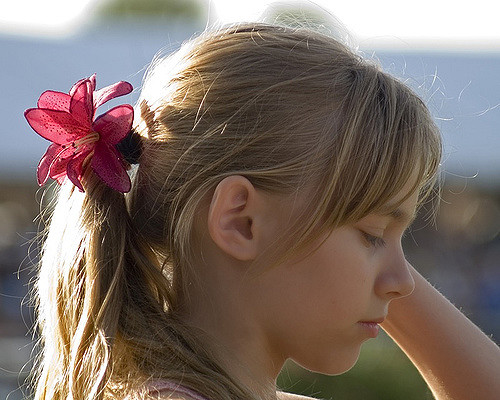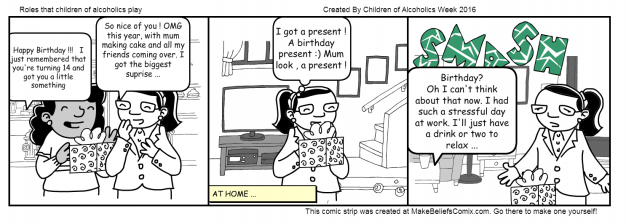
5 ways you can help children of alcoholics
The effects of alcohol consumption in the family can go beyond the user, and spread to friends and family. Very often, children in the family are especially affected, since they rarely have the chance to change their reality by themselves.
As soon as addiction moves into the family, secrecy and silence can be the loudest realities of a child’s life – everyone seems to notice the alcohol consumption of the parent, but no one does anything about it. This makes children feel embarrassed, frightened and scared. Worries about their situation at home start to affect their performance at school, their mood and their social life.
What can you do if you think that someone you know is affected?
If you assume that someone you know is growing up in a family where one or both of the parents has a problem with alcohol addiction, there are several helpful actions that you can do :
1. ‘I am here for you’: Having one person to trust can make all the difference for a child, even if the child doesn’t talk about the family problems with this person. The mere existence of someone who accepts the child and spends quality time with the child can be extremely effective
2. ‘You are not alone’: If the child wants to share their problem, be there to listen and show support. Although the child may not change the parent’s problem, it makes it easier when talking about it. It is important to point out that they are not alone – many families keep their problems out of the public eye, and this is why the child may feel alone.
3. ‘You can’t control your parent’s alcohol use’: Self-blame is a common feeling among children of alcoholics. Being reassured that they haven’t caused the addiction themselves, with their actions or behaviour – and that they can’t control it – can be supportive for the child.
4. ‘Alcohol can make people forget things’: It is advisable to talk with the parents when they are sober. When the parents are under the influence of alcohol, they can say things that they normally wouldn’t and may not remember the conversation later on.
5. ‘It’s not your fault’: Sometimes, promises will be made to the child, but not kept. This has nothing to do with the child’s efforts. It is important to recognise that there is help for the parent, but that it is out of the hands and the power of the child.
What can you do if you are a leader of a youth organisation or a group?
The activities carried out by children and youth organisations can sometimes be the only safe haven and escape from family life, bringing structure, harmony and peace. Youth leaders should be educated on identifying young people who are affected and play a positive role in building up their confidence, capacity and self-esteem.
More information on Children of Alcoholics are available: http://activeeurope.org/images/Broken_pieces_-_CoA_information.pdf (text based upon the publication)
Author: Vasilka Lalevska
Photo Credit: Cover photo by Andy https://www.flickr.com/photos/andy_bernay-roman/371411910/





